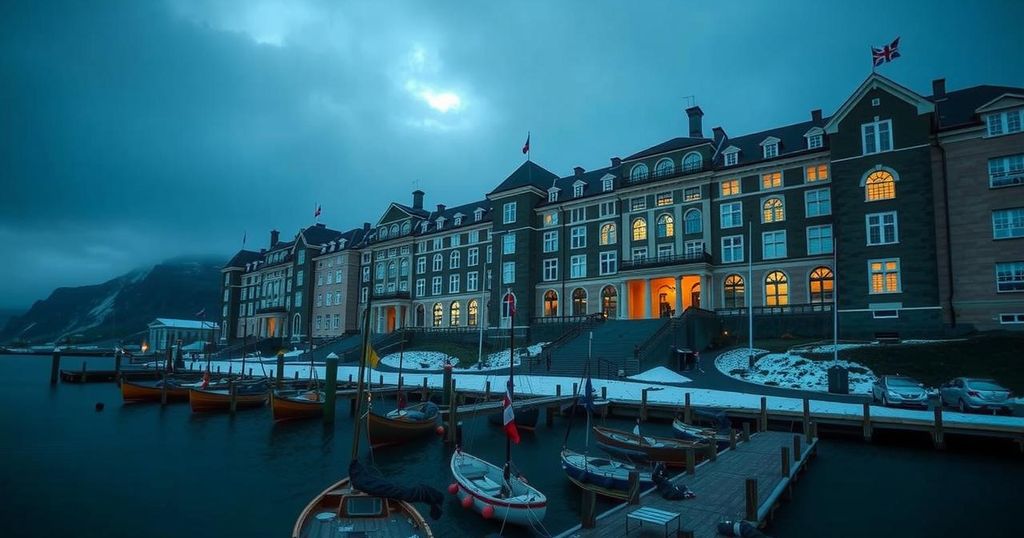World news
AFRICA, ALTHINGI, BEN, BENEDIKTSSON, BJARNI BENEDIKTSSON, BRITAIN, EUROPE, EUROPEAN UNION, GOVERNMENT, HALLA TOMASDOTTIR, ICELAND, INDEPENDENCE PARTY, LEFT - GREEN MOVEMENT, NAMIBIA, NATIONAL ASSEMBLY, NORTH ATLANTIC, PARLIAMENTARY SEATS, POLITICS, POPULISM, PROGRESSIVE PARTY, STAR, UK
Li Chen
0 Comments
Iceland Faces Election Amid Economic and Political Turmoil After Government Collapse
Iceland is holding parliamentary elections after Prime Minister Bjarni Benediktsson’s government collapsed due to economic and immigration disputes. This marks the sixth election since the 2008 financial crisis. Voter turnout is expected to be high, and harsh weather may affect the election process. The country faces challenges including inflation, a housing crisis, and a rise in asylum seekers.
Iceland is conducting a parliamentary election following the collapse of Prime Minister Bjarni Benediktsson’s coalition government due to disagreements over key issues such as the economy, immigration, and volcanic activity. This election marks the sixth general election since the 2008 financial crisis, which deeply affected the nation’s economy and instigated political instability. The forecasted outcome suggests a potential upheaval, as support for the incumbent governing parties has diminished significantly.
The elections involve the selection of 63 members for the Althingi, Iceland’s parliament, based on both regional constituencies and proportional representation, with parties required to achieve at least 5 percent of the vote to secure seats. In total, ten parties are competing, increased from eight in the previous parliament, and voter turnout is expected to be high, as is traditionally the case in Iceland.
Harsh weather conditions may pose challenges for voters attending polling stations and could affect the delivery of ballot boxes. Critically, Iceland’s political dynamics have shifted since the financial crisis a decade ago, facilitating the emergence of new political parties focusing on varied issues, including environmental concerns and social freedoms.
The country is also grappling with economic hardships, highlighted by high inflation rates, rising living costs, and accommodation pressures due to increased asylum seeker arrivals. The impact of volcanic activity has further complicated public welfare, displacing many and contributing to a housing shortage. The government has been criticized for its sluggishness in addressing these ongoing crises, which are exacerbating public sentiment and dissatisfaction among residents, thereby influencing the electoral landscape.
Iceland has experienced significant political turbulence since the 2008 financial crisis, leading to frequent elections and instability within its governing coalitions. The recent government collapse was driven by unresolved conflicts related to domestic economic challenges, immigration pressures, and catastrophic volcanic events. This context is essential in understanding the underlying tensions driving voter sentiment and the current electoral dynamics in the country, as well as the urgent issues facing the citizens of Iceland.
The parliamentary elections in Iceland are taking place against a backdrop of economic difficulties and governmental instability following the collapse of Prime Minister Benediktsson’s coalition. In addition to grappling with issues of inflation and immigration, Iceland’s political landscape faces pressing challenges that will shape future governance. The number of parties competing reflects the evolving nature of Icelandic politics, and the outcomes of these elections are poised to have significant implications for the nation’s socio-economic direction.
Original Source: www.aljazeera.com




Post Comment